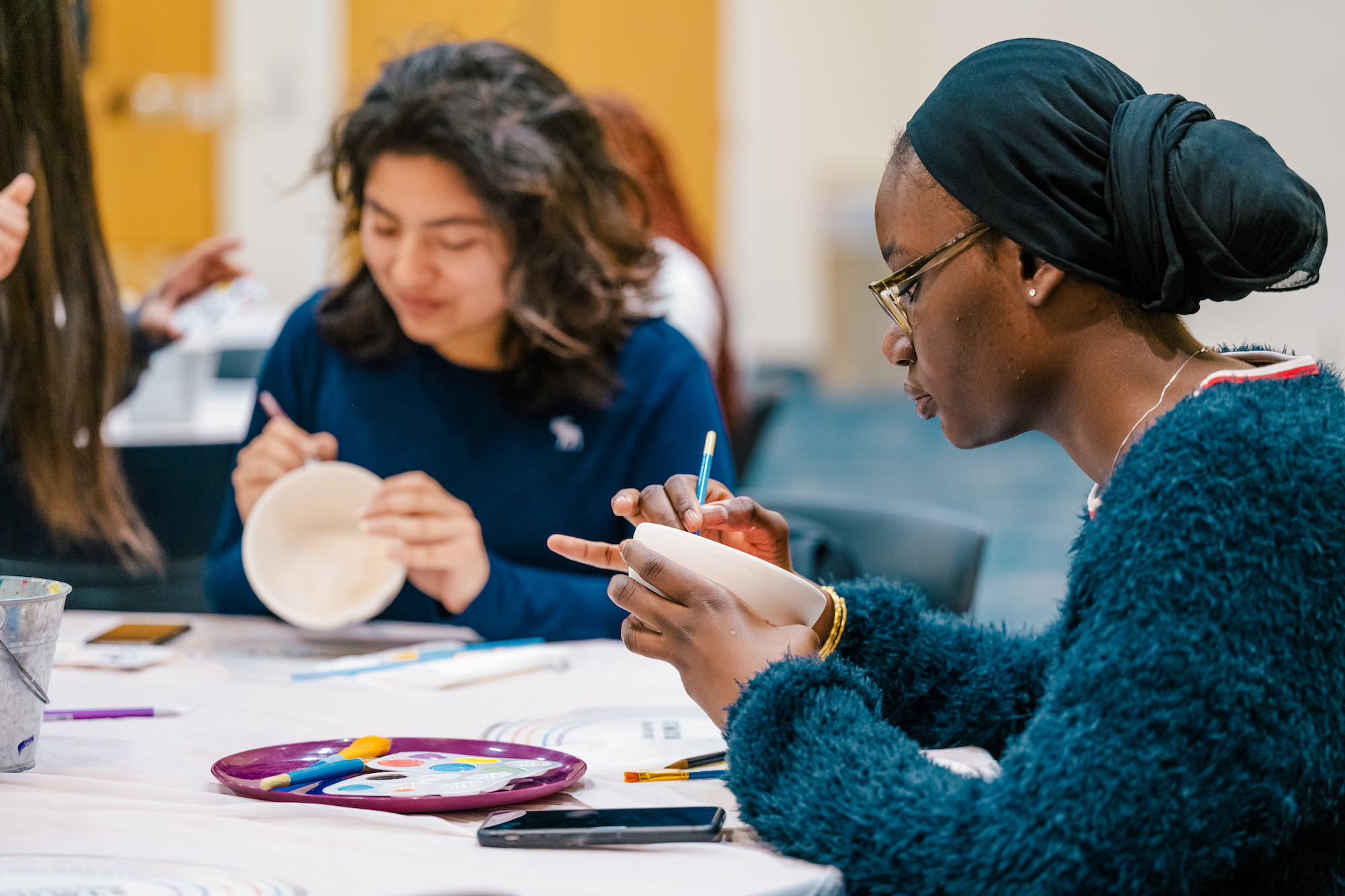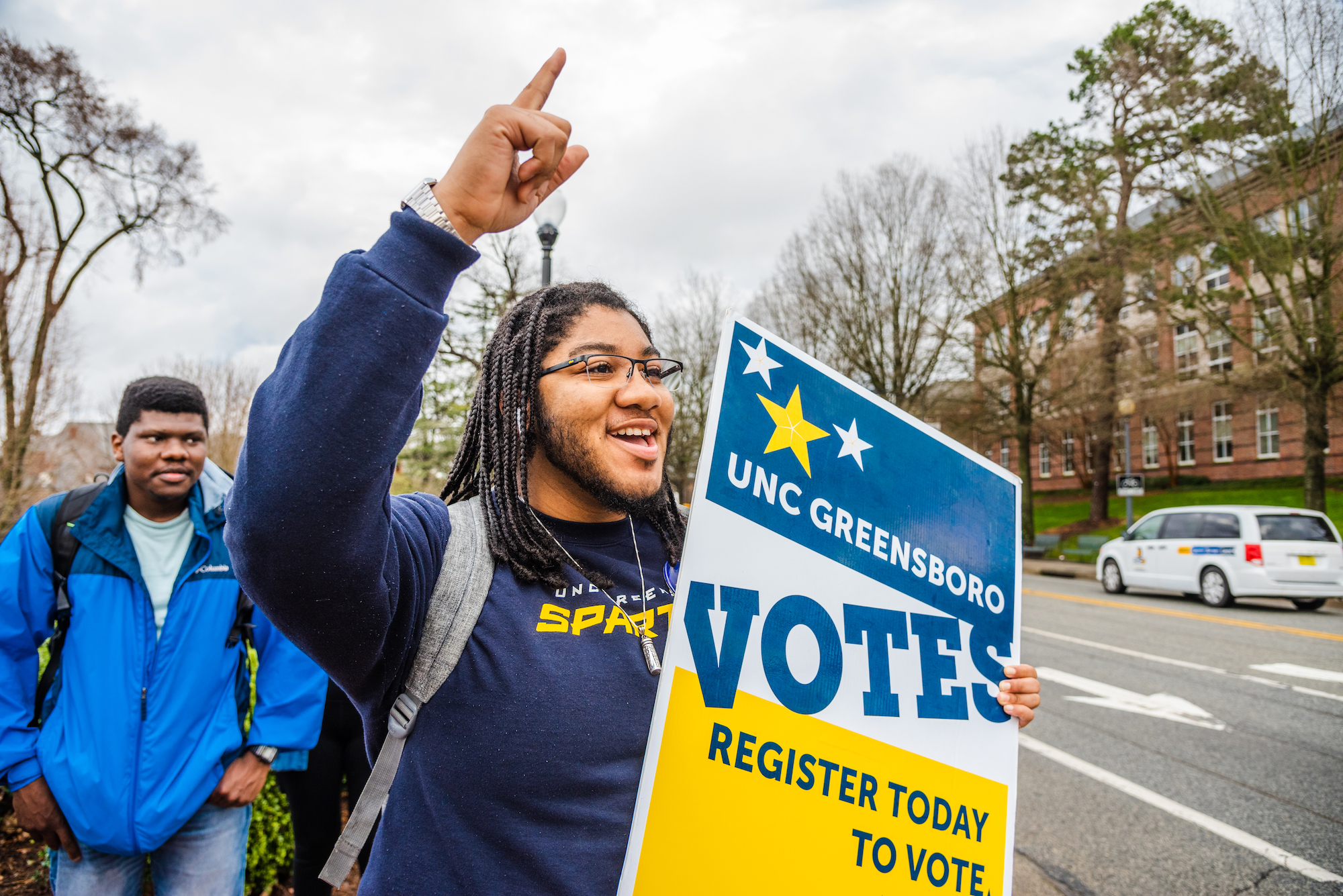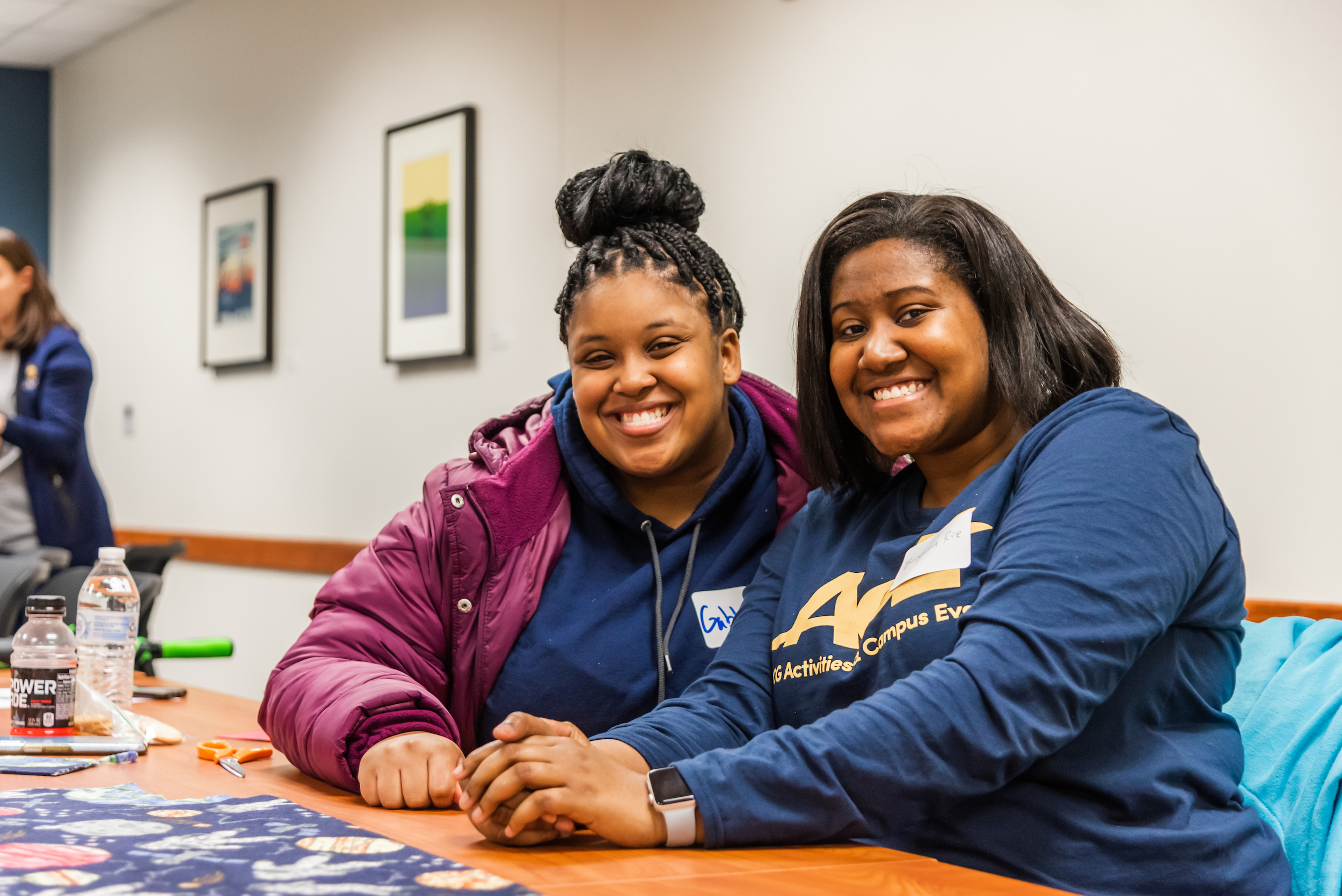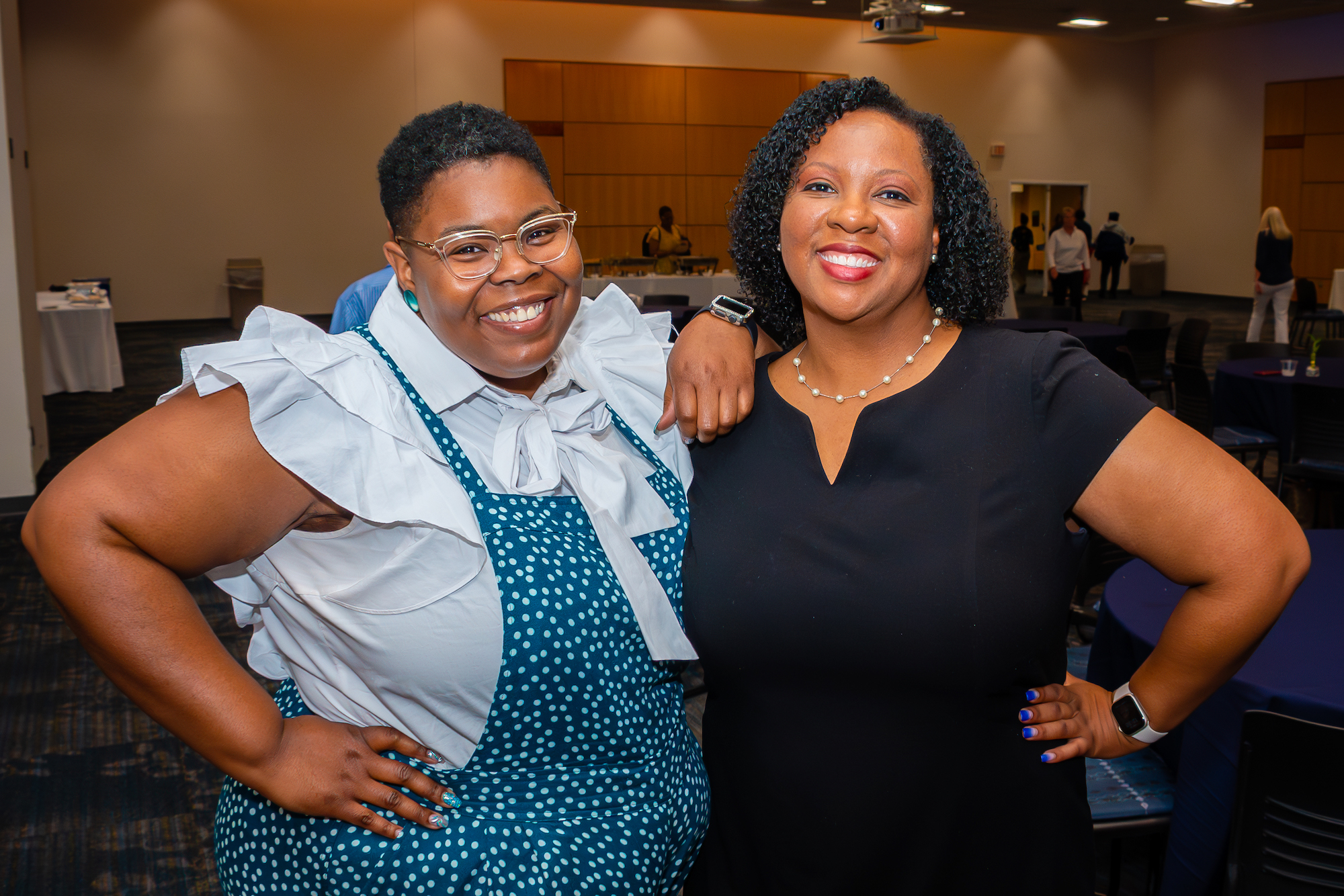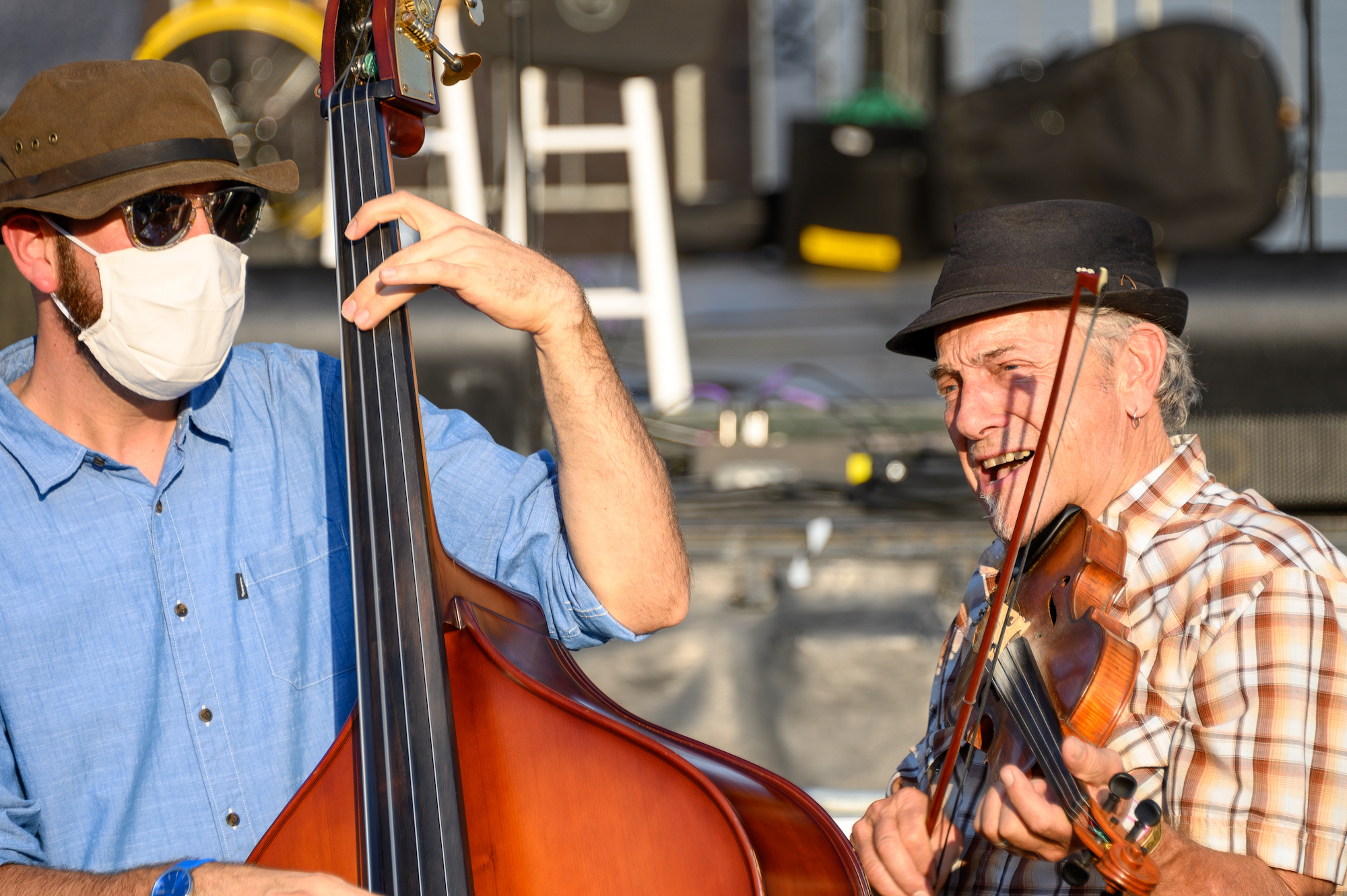About Us

Our Mission
The Office of Leadership and Civic Engagement prepares students to serve as change-makers. We develop, promote, and advance civic engagement, leadership development, and meaningful service to create positive social change.
What Influences Our Work
We develop Changemakers, students who are active participants in society accountable to and responsible for the common good. Their willingness to act and ability to lead transforms visions into reality. In doing so, they are able to negotiate diverse views and adapt behaviors to work with others as agents of positive and ethical change.
Social Change Model (SCM)
Established in 1994, the original version of the Social Change Model approaches leadership as a purposeful, collaborative, values-based process that results in positive social change.
OLCE’s Foundations of Community Engagement
We aim to prepare students to engage with the community ethically and effectively. The foundations guide our work with students, faculty, and community partners to inform program design, implementation, and evaluation, and to ensure that our work aligns with our values.
OLCE’s Foundations of Community Engagement aim to prepare students to engage with the community ethically and effectively. The foundations were adapted from Stanford’s Principles of Ethical and Effective Service and informed by the Social Change Model. They guide our work with students, faculty, and community partners to inform program design, implementation, and evaluation, as well as to ensure that our work aligns with our values. OLCE has identified the following foundations as essential to our specific community
Self-Awareness ● Preparation ● Reciprocity ● Respect & Inclusion ● Reflection
These foundations were adapted into statements. These statements allow us to talk with students about how they are preparing to engage with community in an ethical and effective way.
When we engage with community, we aspire to …
- Assume shared responsibility to work toward mutual benefit and growth for yourself and the community partner(s).
- Understand what motivates us to take action and how our beliefs or attitudes change through an experience.
- Take time to understand the social, and historical contexts of the community we will be working with.
- Acknowledge the visible and invisible dimensions of identity, power, and privilege that are present in all situations.
- Value the different strengths and knowledge of all community partners and team members involved.
- Reflect on the impact of our efforts, including unintended results (positive or negative.)
This document describes the foundations in more details, explains how we engage students, lists potential discussion questions, and share ideas on how to utilize the foundations in your community engagement programs.
These foundations can be used in many ways by students, faculty & staff, and community partners.
- Students use them to reflect on their engagement with the community in order to prepare them to serve ethically and effectively.
- Faculty & Staff members use them as a structure to lead students in conversations that best prepare them to serve in communities.
- Community Partners can review the principles as a tool for developing mutual understanding of a student’s role with their organization.
The foundations are aspirational and intentionally provocative. Ethical and effective service is an ongoing process—whether we are engaging in public service for the first time or have significant experience. A few general assumptions regarding the language in this document:
- The foundations are not listed in priority order and are all equally valued.
- The foundations are not intended to be a perfect typology; there are important interconnections between the principles that can be explored.
- Although the principles are applicable to all parties involved in a service activity, the language is primarily focused on the student role and experience.
Culturally Relevant Leadership
This model incorporates efficacy and contextual dimensions of campus climate into ideas of individuals’ capacity and identity to engage in the leadership process. This model seeks to compel leadership educators to challenge old paradigms of leadership and learning, in order to consider new ways to educate students and develop leaders capable of challenging inequity to create social change.
Leadership for Liberation
As a response and in addition to the SCM, leadership for liberation means preparing students to grapple with complex, interconnected systems of oppression and domination that prevent the envisioning of a liberated world. This work espouses that in order to create a better world, we must shift systems, structures, and cultural norms that give rise to and support vexing and wicked problems of inequality.
CLDE’s Emergent Theory of Change
As campuses continue to strive for a more socially just, civically engaged, and democratically-minded future, this model asks practitioners to think critically around our purpose, learning outcomes, pedagogy, and strategy when engaging in civic learning and democratic engagement.
Meet Our Staff
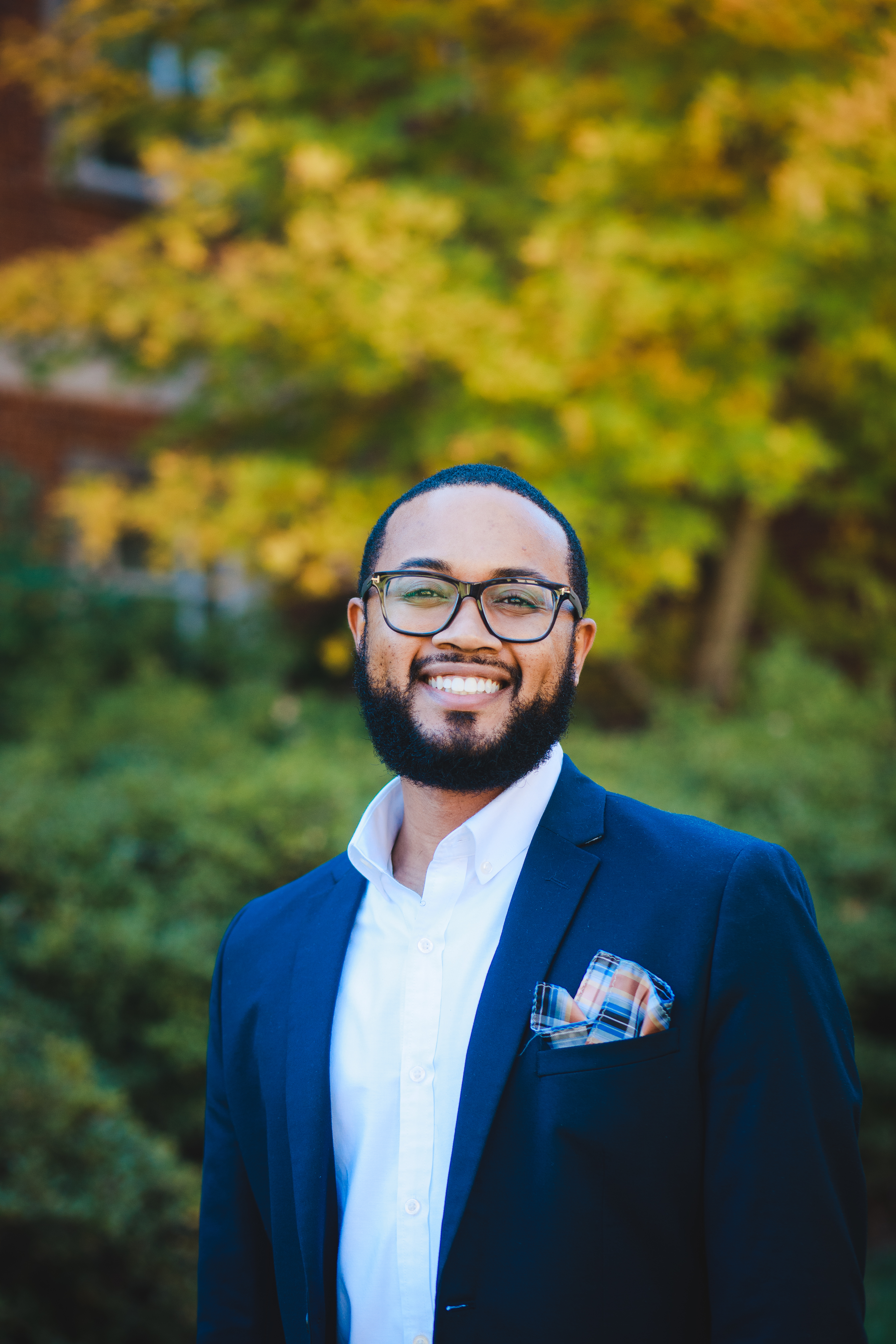
Jarrod Rudd, Director
Pronouns: He/Him
Leadership Challenge Program, Leadership Conferences, Leadership Presentations
Kristina Gage, Associate Director for Civic Engagement
Pronouns: She/her
Community Partnerships, Civic Learning and Democratic Engagement, Days of Service, Catalyst, SECU Public Fellows Program
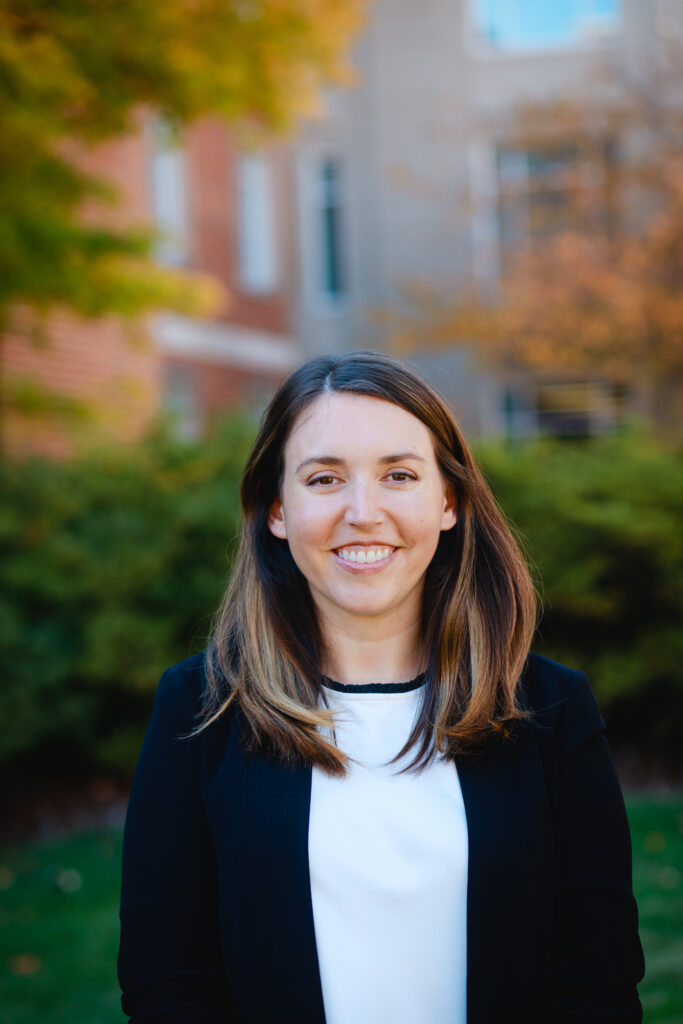
Graduate Students
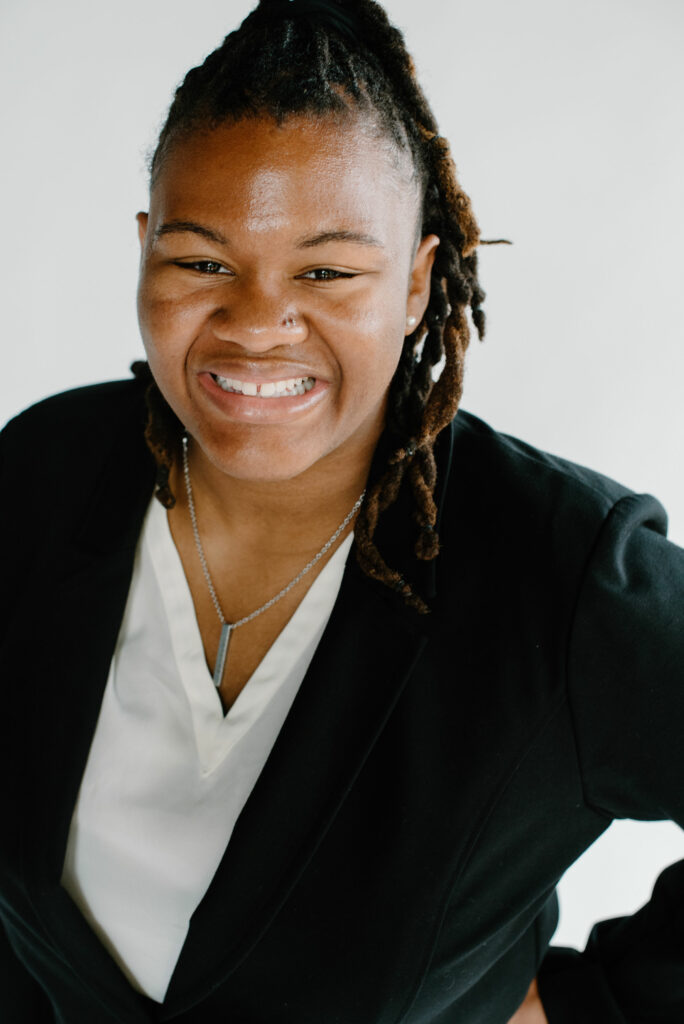
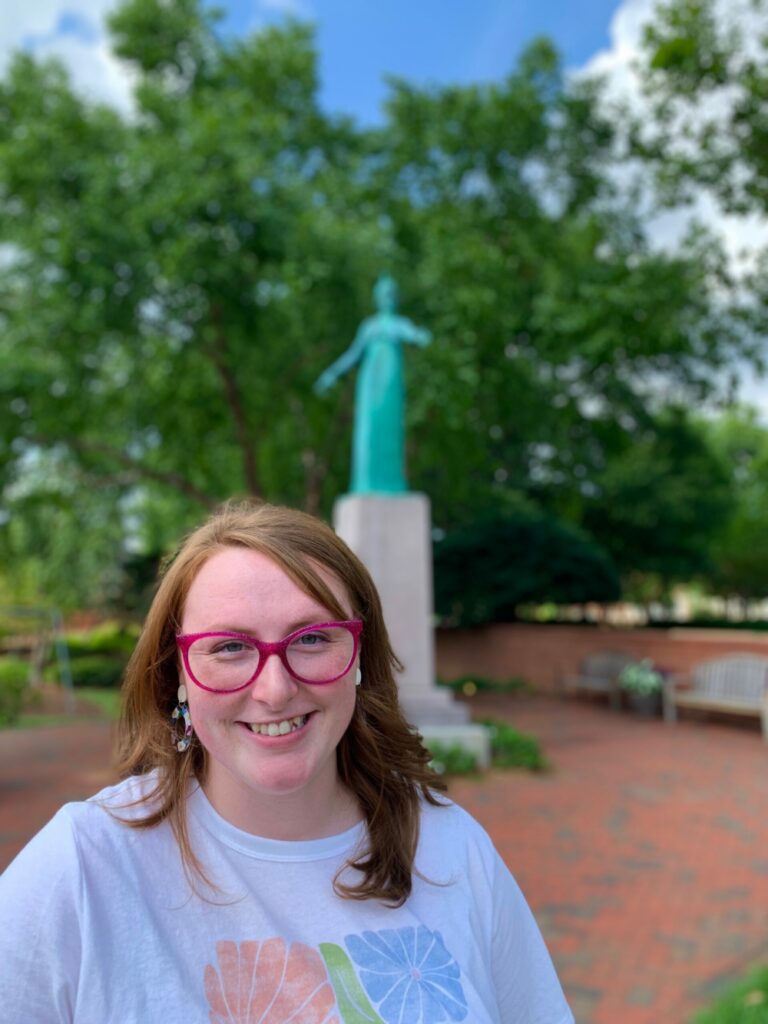

Contact Us
Phone: 336.256.0538
Email: [email protected]
UNC Greensboro Suite 217, Elliott University Center Greensboro, NC 27402-6170
